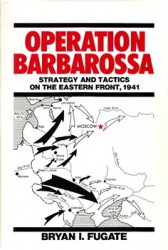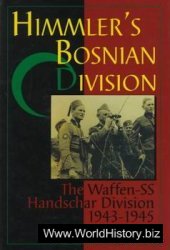In Erik Bruun and Jay Crosby, eds., Our Nation’s Archives: The History of the United States in Documents (New York: Black Dog & Leventhal Publishers, 1999), pp. 451-458
The street Arab is as much of an institution in New York as Newspaper Row, to which he gravitates naturally, following his Bohemian instinct. Crowded out of the tenements to shift for himself, and quite ready to do it, he meets the host of adventurous runaways from every State in the Union and from across the sea, whom New York attracts with a queer fascination, as it attracts older emigrants from all parts of the world. A census of the population in the Newsboys’ Lodging-house on any night will show such an odd mixture of small humanity as could hardly be got together in any other spot. It is a mistake to think that they are helpless little creatures, to be pitied and cried over because they are alone in the world. The unmerciful “guying” the good man would receive, who went to them with such a programme, would soon convince him that that sort of pity was wasted, and would very likely give him the idea that they were a set of hardened little scoundrels, quite beyond the reach of missionary effort.
But that would only be his second mistake. The Street Arab has all the faults and all the virtues of the lawless Life he leads. Vagabond that he is, acknowledging no authority and owing no allegiance to anybody or anything, with his grimy fist raised against society whenever it tries to coerce him, he is as bright and sharp as the weasel, which, among all the predatory beasts, he most resembles. His sturdy independence, love of freedom and absolute self-reliance, together with his rude sense of justice that enables him to govern his little community, not always in accordance with municipal law or city ordinances, but often a good deal closer to the saving line of “doing to others as one would be done by”—these are strong handles by which those who know how can catch the boy and make him useful. Successful bankers, clergymen, and lawyers all over the country, statesmen in some instances of national repute, bear evidence in their lives to the potency of such missionary efforts. There is scarcely a learned profession, or branch of honorable business, that has not in the last twenty years borrowed some of its brightest light from the poverty and gloom of New York’s streets.
Anyone, whom business or curiosity has taken through Park Row or across Printing House Square in the midnight hour, when the air is filled with the roar of great presses spinning with printers’ ink on endless rolls of white paper the history of the world in twenty-four hours that have just passed away, has seen little groups of these boys hanging about the newspaper offices; in winter, when snow is on the streets, fighting for warm spots around the grated ventholes that let out the heat and steam from the underground rooms with their noise and clatter, and in summer playing craps and 7-11 on the curb for their hard-earned pennies, with all the absorbing concern of hardened gamblers. This is their beat. Here the agent for the Society for the Prevention of Cruelty to Children finds those he thinks too young for “business,” but does not always capture them. Like rabbits in their burrows, the little ragamuffins sleep with at least one eye open, and every sense alert to the approach of danger: of their enemy, the policeman, whose chief business in life is to move them on, and of the agent bent on robbing them of their cherished freedom. At the first warning shot they scatter and are off. To pursue them would be like chasing the fleet-footed mountain goat in his rocky fastnesses.




 World History
World History









